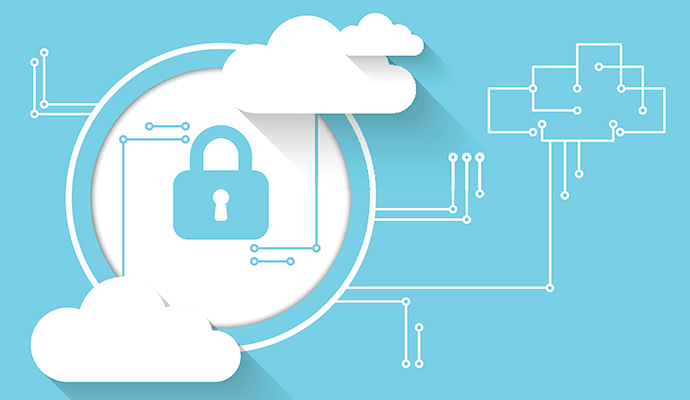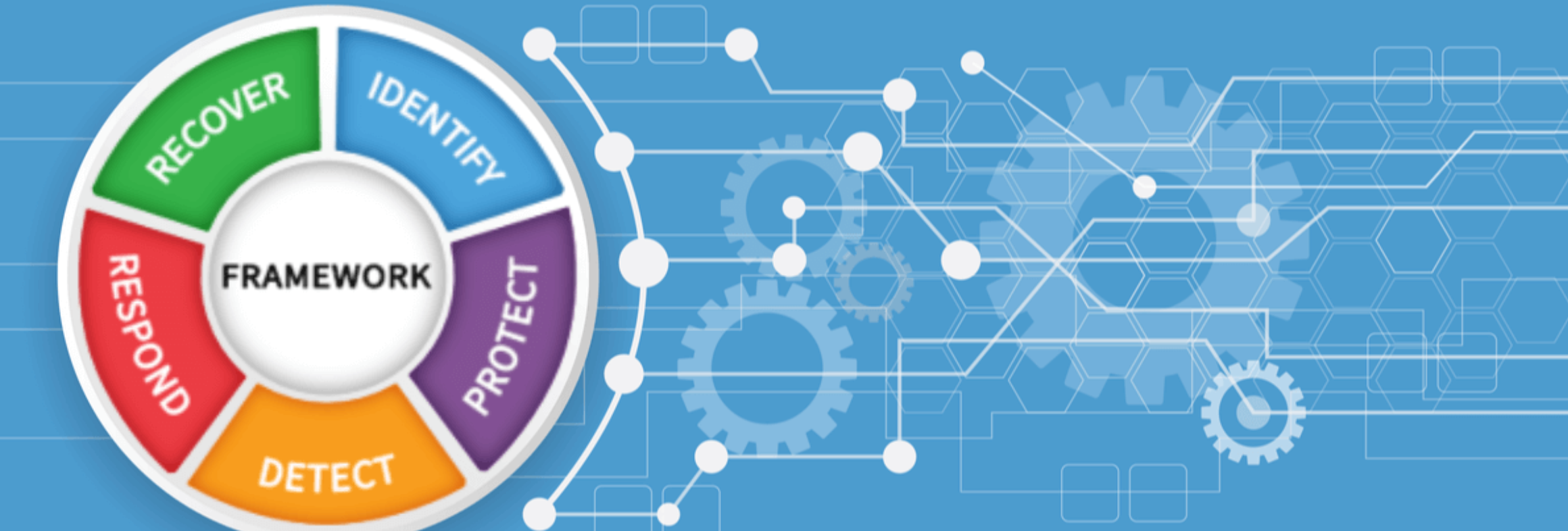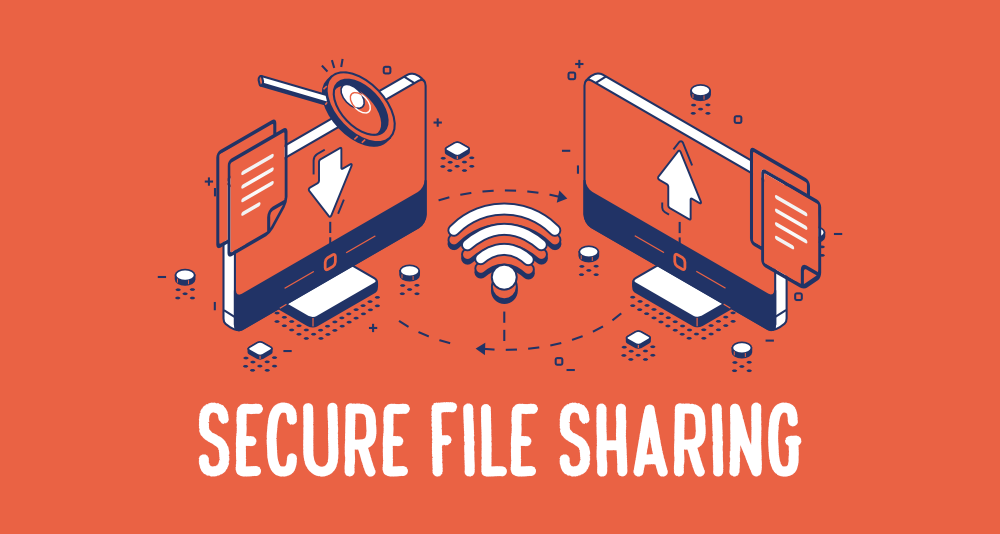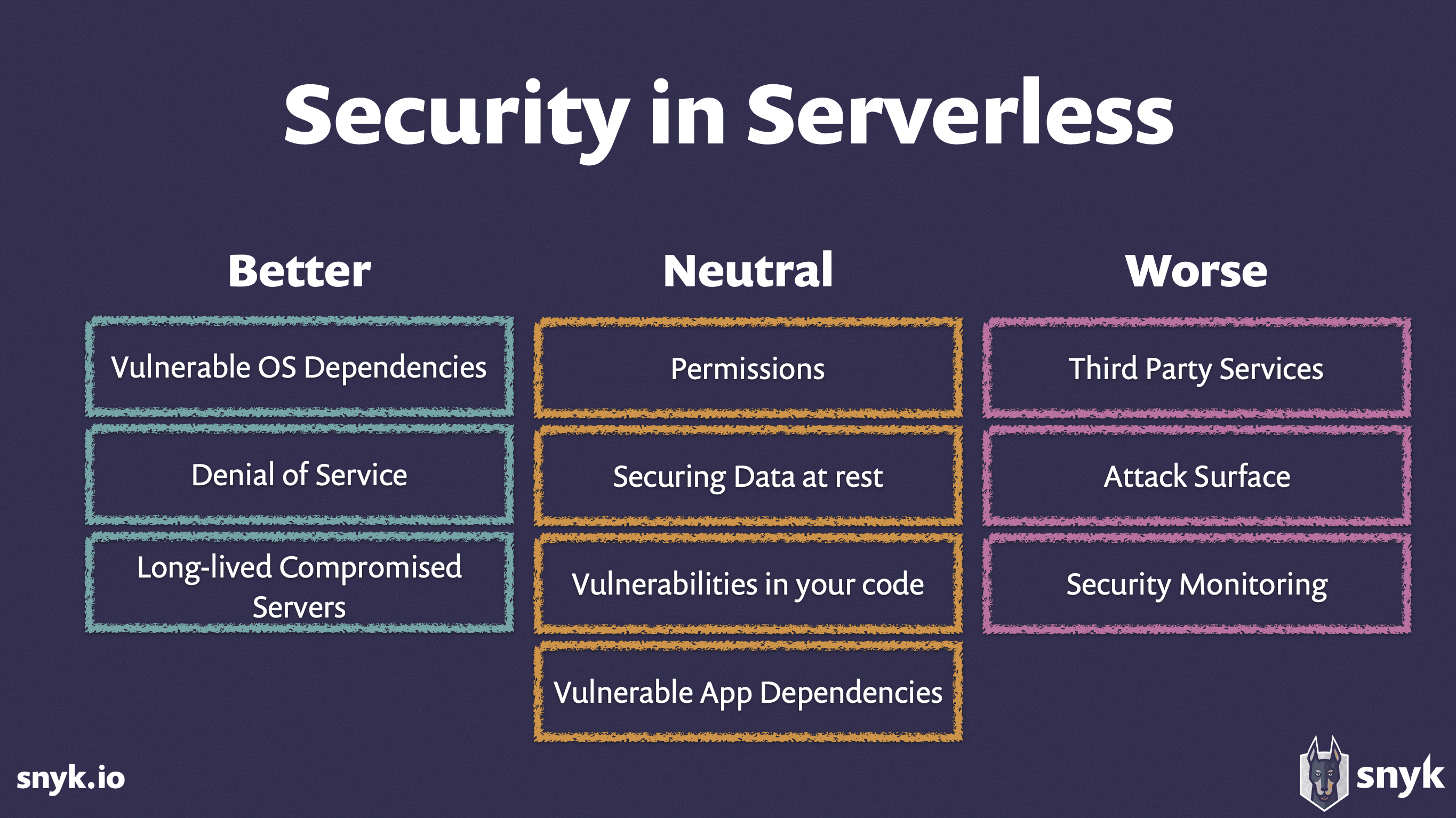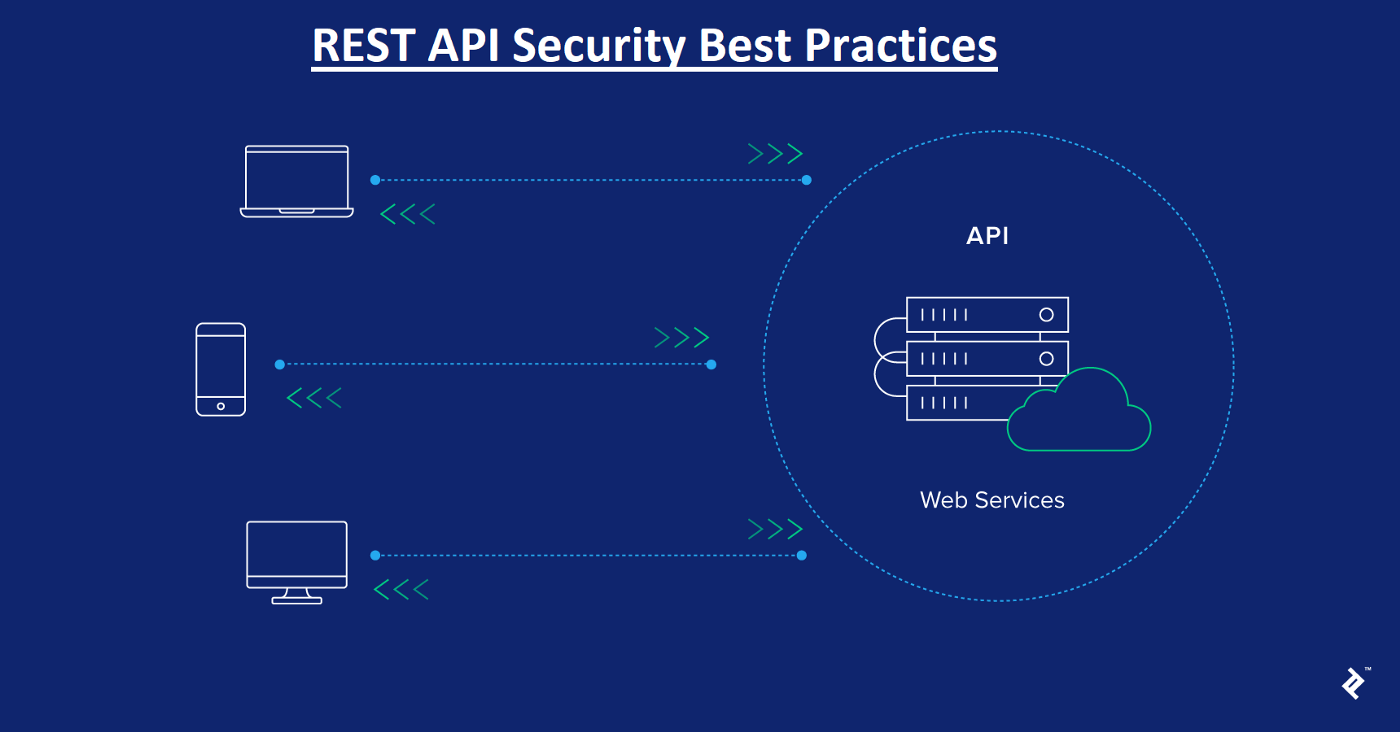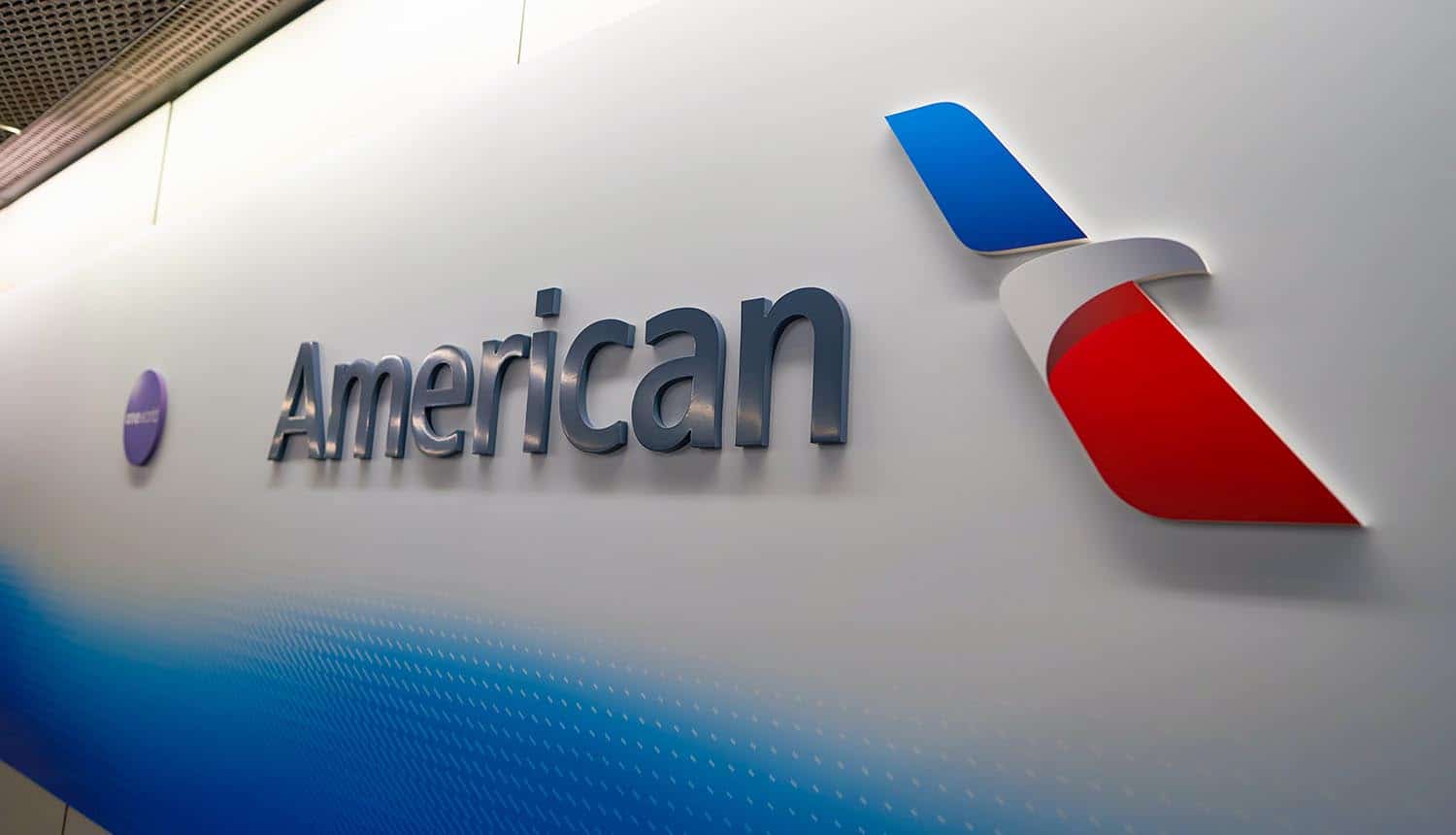
On July 5, 2022, American Airlines announced that it had experienced a data breach that affected the personal information of some of its customers and employees. The breach was caused by a phishing attack that allowed hackers to gain access to employee email accounts. The hackers were able to access a variety of personal information, including names, addresses, phone numbers, email addresses, passport numbers, and driver's license numbers.
What Happened:
The data breach was caused by a phishing attack. In a phishing attack, hackers send emails that appear to be from a legitimate source, such as a bank or credit card company. The emails often contain links or attachments that, when clicked, install malware on the victim's computer. Once the malware is installed, it can steal personal information, such as passwords, credit card numbers, and Social Security numbers.
In this case, the hackers sent phishing emails that appeared to be from American Airlines. The emails contained links that, when clicked, took victims to a fake American Airlines website. The website was designed to look like the real American Airlines website, but it was actually controlled by hackers. Once victims entered their personal information on the fake website, the hackers were able to steal it.
Who Was Affected:
American Airlines has not released the exact number of customers and employees who were affected by the data breach. However, the company has said that the breach affected a "very small number" of people.
The personal information that was stolen includes names, addresses, phone numbers, email addresses, passport numbers, and driver's license numbers. This information could be used by criminals to commit identity theft, fraud, or other crimes.
What to Do If You Were Affected:
If you believe that you were affected by the American Airlines data breach, there are a few things you can do:
Place a fraud alert on your credit report.
A fraud alert is a free service that tells creditors to take extra steps to verify your identity before opening a new account in your name. You can place a fraud alert by contacting one of the three major credit bureaus: Equifax, Experian, or TransUnion.
Monitor your credit report for any unauthorized activity.
You can get a free copy of your credit report from each of the three major credit bureaus once a year at annualcreditreport.com. Once you have your credit report, look for any accounts that you don't recognize or any inquiries that you didn't authorize.
Change your passwords.
If you used the same password for your American Airlines account as you use it for other accounts, you should change those passwords immediately. You should also use strong, unique passwords for each account.
Be vigilant about phishing attacks.
Phishing attacks are becoming increasingly sophisticated. Be careful about clicking on links or opening attachments in emails from people you don't know. If you're not sure whether an email is legitimate, you can contact the sender directly to verify.
Conclusion:
The American Airlines data breach is a reminder that no one is immune to cyber-attacks. It's important to be vigilant about protecting your personal information and to take steps to mitigate the risk of identity theft and fraud.
